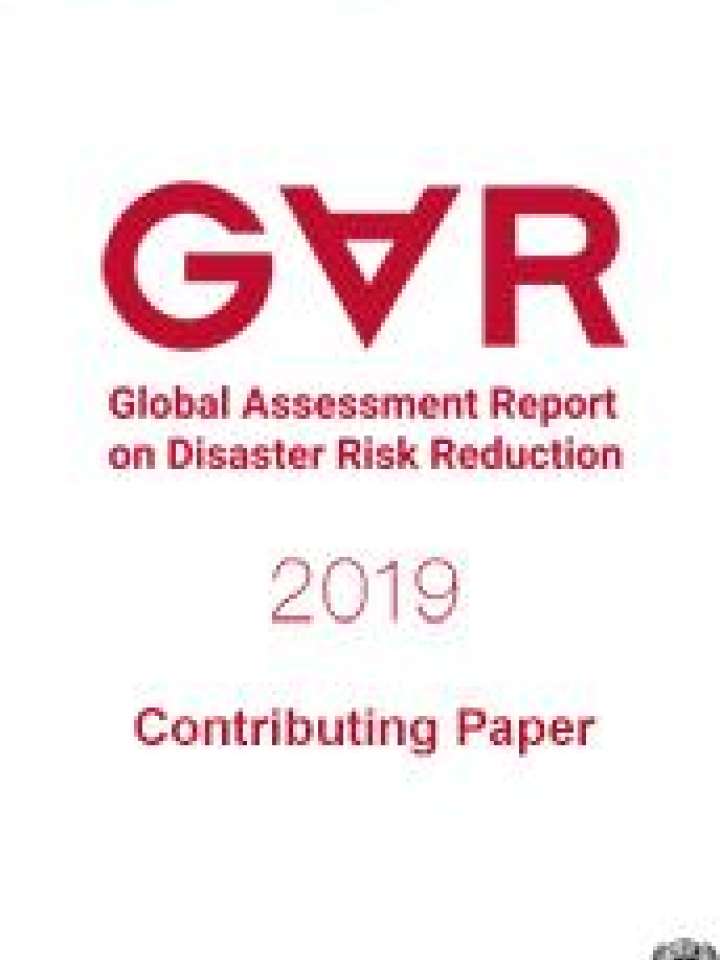Disaster recovery from a gender and diversity perspective: Cases following megadisasters in Japan and Asian countries
In the aftermath of disasters, local governments are primarily responsible for implementing quick recovery programs, including the relocation of affected people from areas at risk to safer places, rehabilitation of destroyed infrastructure, as well as the recovery of health, livelihood, social security and protection. The concerns of local administrations concerned, however, often face difficulties in reflecting diverse needs and perspectives into recovery programs, due to limited capacity and experiences dealing with a large number and variety of recovery programs under severe time and personnel constraints.
Recovery programs need consensus building among various groups, especially women, youth, the elderly and people with disabilities; and an integrated approach to multi-sectors, such as environment, ecosystem and town planning. Local communities need to express their voice in planning recovery programs, often with support from external experts and various aid organizations, including national and international CSOs. In reality, however, the inclusion of various groups in recovery planning is little concern of local governments, thus they end up to making one standard plan or one-size-fits-all plans, to avoid favoring one area/group over another. In addition, local people, especially women, youth, the elderly and people with disability, are often regarded as only victims or beneficiaries of humanitarian and emergency aid, rather than as actors and agents of change.
The Sendai Framework Recovery for DRR stresses enhancing disaster preparedness in recovery, rehabilitation and reconstruction as a priority area. The aftermath of disaster poses a great opportunity for women, youth and other local groups to be empowered and exercise their agency and leadership, therefore, the governments as well as aid organizations and international society should utilize such a chance to increase their community disaster governance and transform a society to be more equal, inclusive, resilient and sustainable. Their recovery policies and approaches should involve various stakeholders, particularly vulnerable groups, in decision-making processes. As shown in cases in the Philippines and Sri Lanka, development assistance agencies should include capacity building activities in leadership for women and other vulnerable groups.
This paper is a contribution to the 2019 edition of the Global Assessment Report on Disaster Risk Reduction (GAR 2019).
To cite this paper:
Tanaka, Y.; Ishiwatari, M. et al. Disaster recovery from a gender and diversity perspective: Cases following megadisasters in Japan and Asian countries. Contributing Paper to GAR 2019
